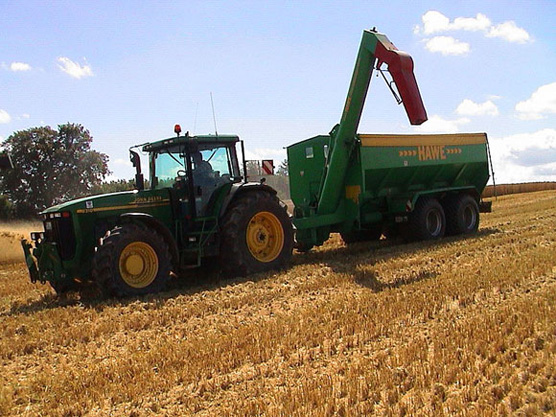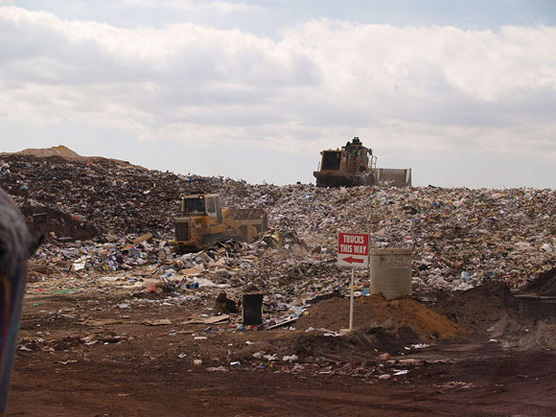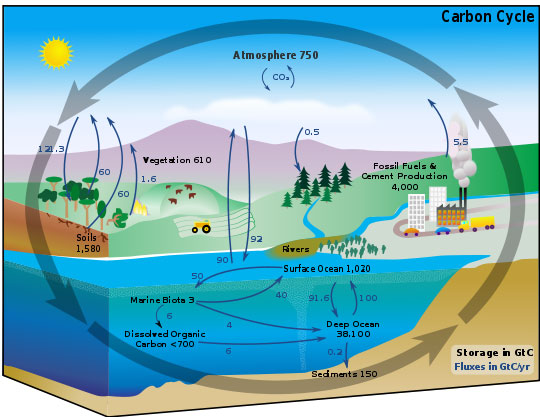Soil as a Natural Resource
Have you eaten cereal made from grains or are you wearing jeans or a t-shirt made from cotton? Did you have a drink of water today?
If you answered yes to any of these questions, then you have relied on soil today. Because we depend on soil for food, fiber, and environmental services, soil is considered an important natural resource. Click through the tabs to find out just how much we rely on soil.

A farmer concerns himself daily with soil—in fact, without farmers, we would not have most of the food we eat today. The plants they grow rely on soil for nutrients, water, and support for their roots. All of our food and fiber crops are grown in soil.
|
| « Previous |
Next » |

It does not look very pleasant, but this wood louse is just one example of a soil organism that provides a very important environmental service for us. It’s eating dead plant material on the forest floor. Many soil organisms play an important role in breaking down dead plant and animal material, thus keeping Earth from piling up with dead stuff and helping to cycle nutrients on Earth. Soils are vital habitat for a wide variety of animals like this wood louse, as well as other insects, burrowing mammals, and microorganisms.
|
| « Previous |
Next » |

Soils are also used for the disposal of waste and the removal of pollutants from water. At this landfill, where garbage is piled and buried, soil properties are important because they determine the degree to which harmful chemicals from the landfill are able to move downward through the soil to enter groundwater. Soil can be a valuable protector of groundwater because of its ability to filter pollutants from water. Soil is an important regulator in the flow, drainage, and quality of water.
|
| « Previous |
Next » |

One of the main elements in any living thing is carbon. This carbon cycles through the living and non-living components of the carbon cycle. Soils are a major source of carbon storage and are thus an important part of the global carbon cycle. Agricultural soils are especially good at storing carbon and thus help slow down global warming associated with excessive amounts of carbon in the atmosphere. Soils are also important in many other nutrient cycles, including nitrogen and sulfur.
|
| « Previous |
Next » |
© KC Distance Learning. All rights reserved.



